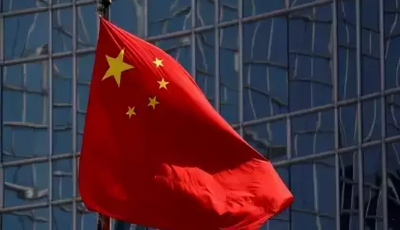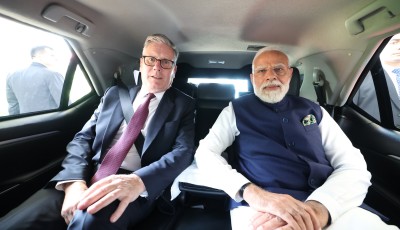India, Japan Notify WTO of Potential Retaliation Against U.S. Tariffs
.png)
India and Japan have formally notified the World Trade Organization (WTO) of their intention to take retaliatory measures in response to U.S. tariffs on steel and aluminum. These tariffs, first imposed in March 2018, are being challenged by both countries as safeguard measures under the WTO Agreement on Safeguards — despite not being officially declared as such by the United States.
Earlier, the European Union and the United Kingdom had submitted similar notifications to the WTO, reserving their right to respond to the controversial U.S. trade actions.
According to WTO documents, India estimates that the U.S. tariffs impact approximately $7.6 billion worth of Indian exports, resulting in about $1.91 billion in duties. In its notification, India stated that it reserves the right to impose additional tariffs on U.S. products, equivalent to the amount collected through these duties.
Japan’s notification went further, indicating its intent to retaliate not only against the U.S. tariffs on steel and aluminum but also against American restrictions on automobile and auto parts imports. Japan plans to suspend WTO concessions by increasing duties on selected U.S. goods, with further details to be submitted based on the latest trade data.
The U.S. began enforcing a 25% tariff on steel and a 10% tariff on aluminum imports in March 2018 under Section 232 of the 1962 Trade Expansion Act, citing national security concerns. In February 2020, these tariffs were expanded to include derivative products. More recently, on March 12, 2025, the U.S. administration raised the aluminum tariff from 10% to 25% and removed exemptions, quotas, and exclusions previously in place for certain steel and aluminum imports.
These actions have drawn strong criticism globally. The EU and UK, like India and Japan, have reserved their right to impose proportionate countermeasures, arguing that the U.S. measures violate global trade norms.















तपाईको प्रतिक्रिया दिनुहोस